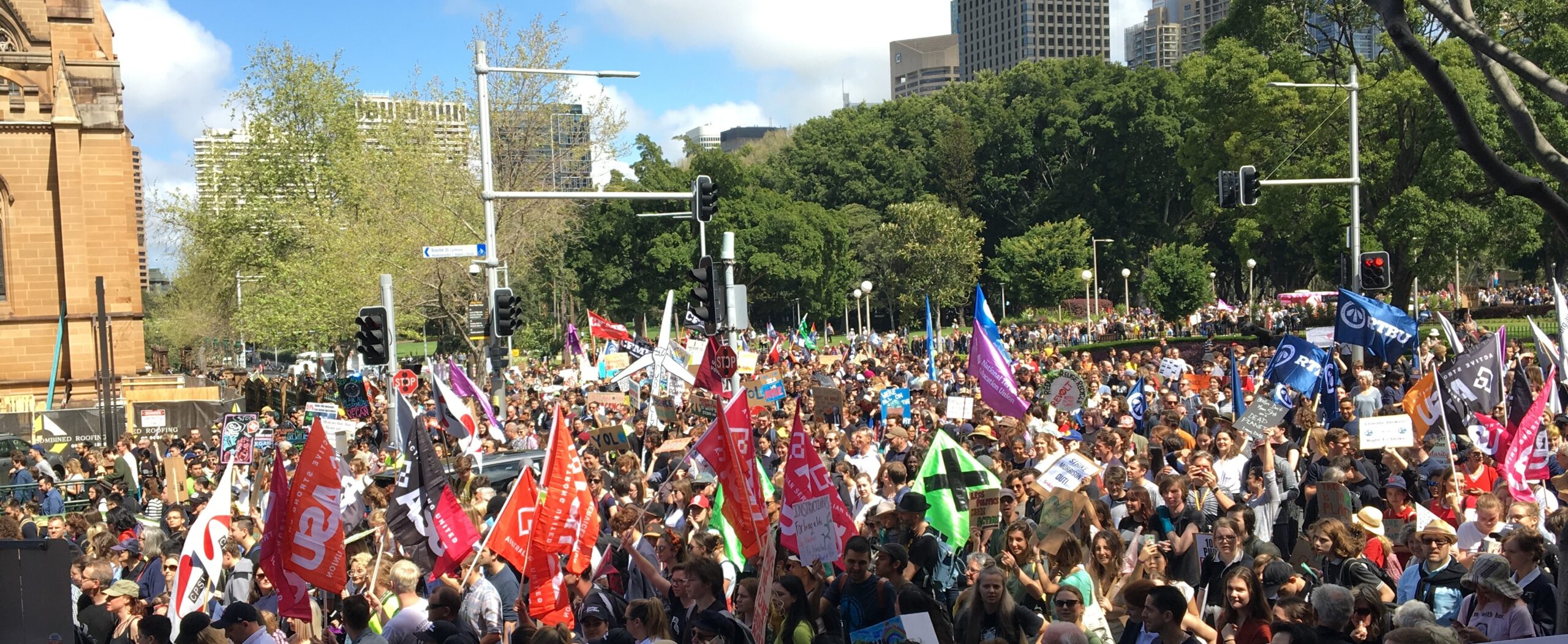Corporations, Markets and Climate Change: Opposition or Opportunities?
Room 650, Social Sciences Building, University of Sydney Science Road, CamperdownCorporations and capitalism are often blamed for environmental problems, and on climate change we are often told that there needs to be a ‘balance’ between economic and environmental outcomes. This suggests they are mutually contradictory, and therefore that the environmental damage resulting from economic imperatives must somehow be accommodated. On the other hand, there is enormous potential for business to drive the solutions necessary for decarbonising our economy given the economic motivators to do so through markets. One reason why this is not stressed as much as it could be is that those benefitting from the status quo are in a position to politically frustrate the changes necessary, while for often ideological reasons others believe that the government must take the lead. The presenters on this panel tease out the opposition and opportunities involved in such debates. Speakers: John Mikler (Chair) and Imogen Ryan: Gaslighting Australia: The Instrumental Power of Australia’s Mining and Energy Industries John Mikler is an Associate Professor in the Department of Government and International Relations at the University of Sydney. He researches corporations' relations with states, civil society and international organisations, as well as how they are political actors in their own right. He has published […]



